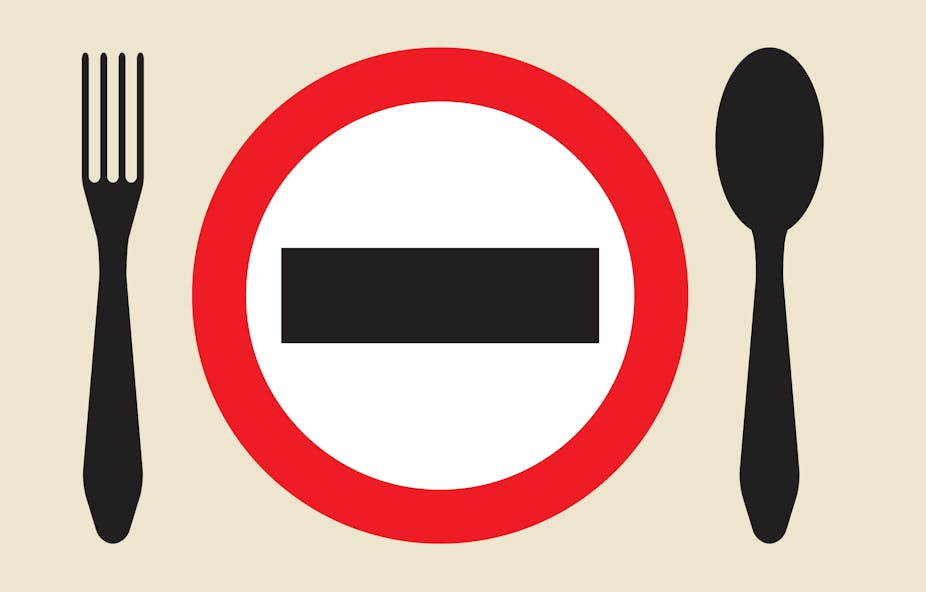It has been stated in science that a person can survive without food for one or two months for an approximate of 43 to 70 days before one may die from starvation, You can only go a few days without water. Though your body can survive without food by using energy from its fat reserves. As soon as the body’s fat reserves are depleted, muscle starts to deteriorate. In other instances, a starved individual will pass away from a heart attack caused by cardiac muscle loss.

Surviving without food includes a lot of science so let’s look into the biology of our body that changes when you continue to live without food.
The duration of surviving without nourishment is yet uncertain. Aside from the fact that there isn’t any conclusive scientific proof on the subject, ethical constraints prevent researchers from purposefully starving study participants to find out when people die from malnutrition. Personal traits including body weight, genetics, and comorbidities play a part in the uniqueness of each person.
In a few exceptional instances, like Mahatma Gandhi’s 21-day hunger strike in the 1940s, the activist went without food and merely sipped water. He lived, albeit with a significant loss of body mass. Gandhi reportedly took part in 14 prolonged hunger strikes during the course of his life.
The first day without food- Your body typically uses glucose, sometimes known as sugar, as its primary energy source. Your glucose stores run out if you don’t eat within a day.
Your body releases a hormone known as glucagon after going one day without eating. It instructs your liver to produce glucose. The majority of this glucose is consumed by your brain.
The third day without food- Your body starts to break down fatty tissue after two or three days. The fatty acids produced as a result serve as the primary fuel source for your muscles.
Additionally, the liver produces ketones using fatty acids. The body can also use ketones as a source of energy. These enter the bloodstream after being released. They reduce the amount of glucose required by the brain when it uses them as fuel.
The first week without food- The body shifts to protein when its fatty acid reserves are depleted. It might just take a couple of days to get to this point, depending on how little fatty tissue you had. However, most malnourished individuals’ systems will begin aggressively breaking down muscle to gain protein within one week.
Two weeks without food- The body starts to lose the ability to function in its heart, kidneys, and liver as the breakdown of muscle accelerates. Death inevitably results from this.
The survival factor in people.
Studies into how long humans can go without eating are scarce. Many people focus on those who opted to starve themselves and were afterwards examined by a physician.
These studies suggest that there are a few variables that affect how long a person can survive without eating.
An element is a person’s initial weight. Lean people can typically handle a loss of up to 18% of body mass. Obese people can tolerate more, perhaps over 20%.
The duration of survival may depend on additional factors. These consist of:
Gender: Males live shorter lives than females. Even during famines, this remains valid.
Age: During famines, children are more likely to die.
What happens to your body when you starve?
Starvation always results in death, unless eating is restarted. There could be complications that lead to death. The number of bodily systems that are impacted grows as weight loss does.
These complications include, among others:
- loss of bone
- muscle withering and weakness
- I feel chilled.
- Hair loss or thinning Dry skin
- Constipation
lack of menstruation in women, fatigue, breathlessness, and pallor due to anaemia, a shortage of red blood cells that deliver oxygen
Here’s a keep look into all things you must about surfing without food and what it will do to your body:-
The unknown is the maximum amount of time that humans can go without sustenance. The answer is dependent on personal characteristics like starting weight and cannot be studied.
The body produces glucose and breaks down adipose tissue to fight famine. Muscle is broken down as famine progresses.
People who are starving weaken after 30 to 50 days. They typically pass away without nourishment in 43 to 70 days.
Always, starvation results in death. There may be signs like weariness, muscle atrophy, and bone loss before death.
